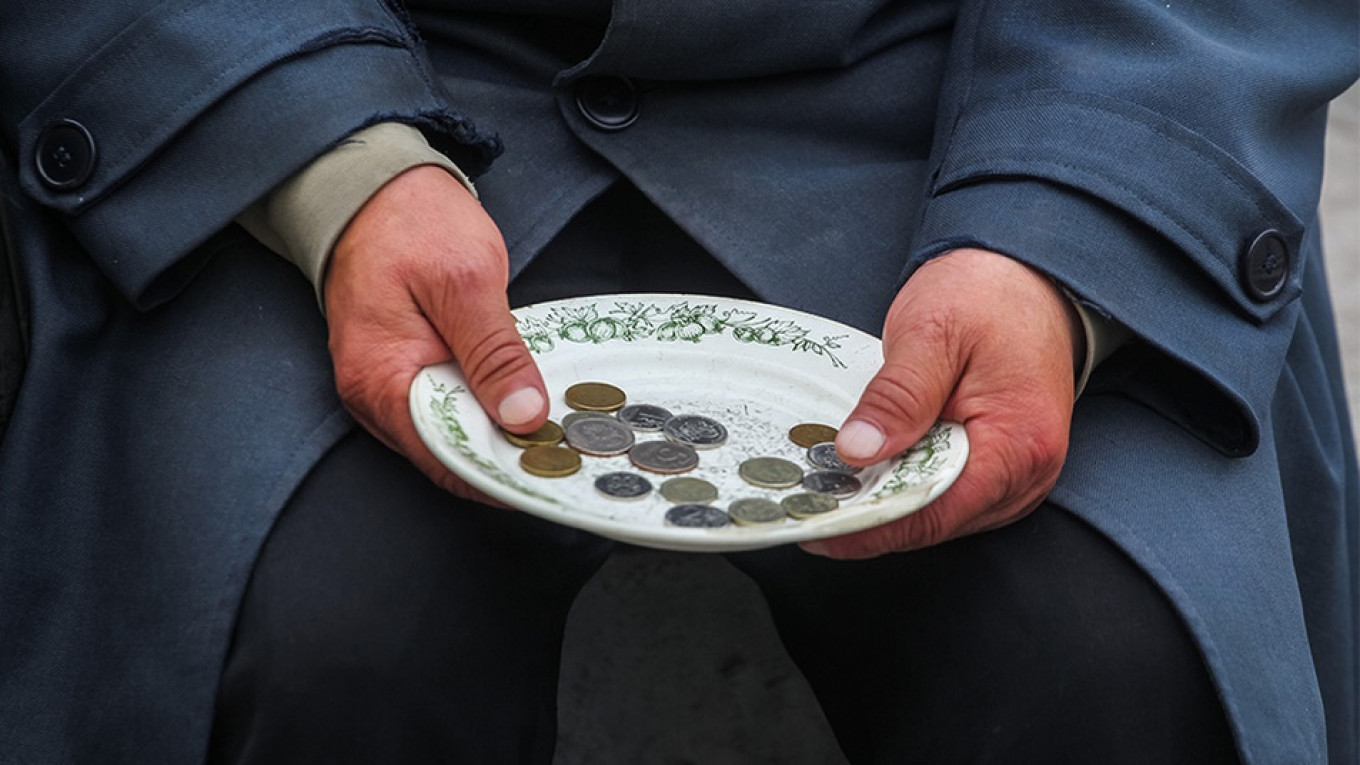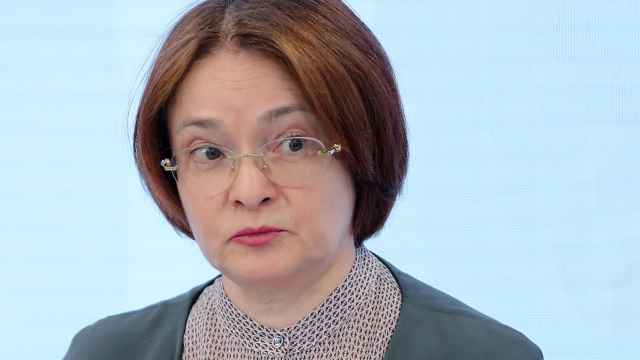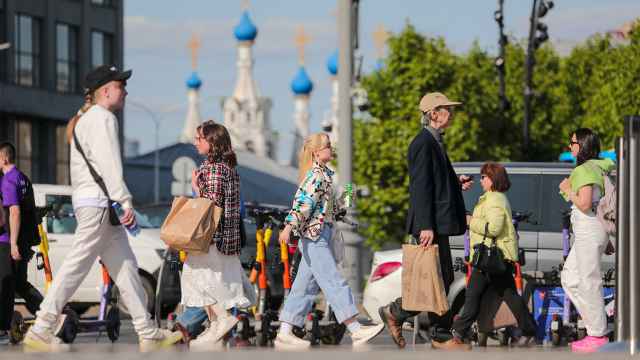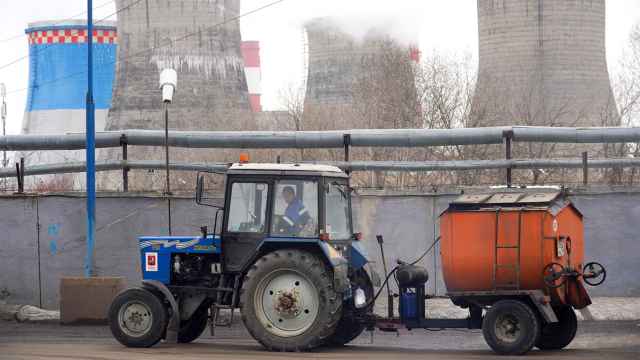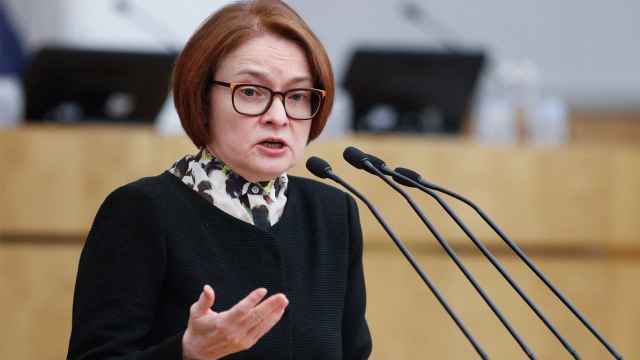Real incomes are set to drop once more next year, dragged by slower growth in real wages and higher spending, according to the latest forecast from Moscow’s Higher School of Economics (HSE).
Russia is on track to see off 2018 as the fifth consecutive year of falling real disposable personal incomes. A planned value-added tax (VAT) hike from 18 percent to 20 percent starting Jan. 1, 2019 is expected to fuel consumer inflation.
HSE, according to the university’s Commentary on State Business bulletin published by the RBC news website Thursday, reports that its view is “supported by a decline in savings and an increase in consumer lending.”
The bulletin predicts that real wages — which use purchasing power, rather than income, to judge how much money an individual earns — will grow by only 1.5 percent in 2019.
This year they grew as the state scrambled to fulfill President Vladimir Putin’s 2012 pledge to increase the wages of doctors, teachers and scientists by the time he won re-election in March 2018.
But the growth slowed as the year progressed: from 10.2 percent in January-March, to 7.6 percent in April-June to 6.3 percent in July-September.
And in October, Russians’ spending accelerated as wage growth continued to decrease, HSE reported.
Russian economic growth has been below the global average over the past few years, hampered by a weak and volatile currency, a drop in oil prices, and by sanctions first imposed by the European Union and the United States in 2014 after Russia's annexation of Crimea.
After expanding by 1.7 percent in 2018, Russia's gross domestic product is seen growing by 1.4 percent in 2019, the consensus forecast of 17 analysts and economists showed.
This is below the World Bank's estimate that the global economy grew 3.1 percent in 2018.
Reuters contributed reporting to this article.
A Message from The Moscow Times:
Dear readers,
We are facing unprecedented challenges. Russia's Prosecutor General's Office has designated The Moscow Times as an "undesirable" organization, criminalizing our work and putting our staff at risk of prosecution. This follows our earlier unjust labeling as a "foreign agent."
These actions are direct attempts to silence independent journalism in Russia. The authorities claim our work "discredits the decisions of the Russian leadership." We see things differently: we strive to provide accurate, unbiased reporting on Russia.
We, the journalists of The Moscow Times, refuse to be silenced. But to continue our work, we need your help.
Your support, no matter how small, makes a world of difference. If you can, please support us monthly starting from just $2. It's quick to set up, and every contribution makes a significant impact.
By supporting The Moscow Times, you're defending open, independent journalism in the face of repression. Thank you for standing with us.
Remind me later.


